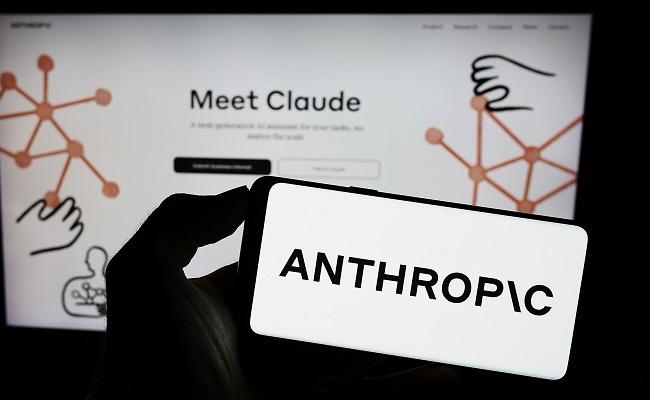In the rapidly evolving landscape of artificial intelligence, strategic partnerships are becoming central to navigating the complexities of technology adoption within the public sector. Recently, Anthropic, a prominent player in AI development, announced a collaboration with the U.S. General Services Administration (GSA) to provide its Claude AI model to all three branches of the federal government for the nominal fee of $1. This initiative mirrors a previous offer by OpenAI with its ChatGPT, signaling a broader trend where AI companies seek to integrate their technologies within government workflows at minimal financial barriers.
The initiative aims to extend Claude for Enterprise and Claude for Government across federal civilian executive, legislative, and judiciary branches. It also ensures that agencies can leverage Anthropic’s frontier models, which will receive continuous updates as new capabilities are launched. The integration of advanced AI tools promises to modernize workflows and enhance government productivity. However, success in this venture raises questions about the comparative benefits of different AI platforms available to organizations—public and private alike.
One significant advantage of Anthropic’s Claude model is its emphasis on ethical AI development, a facet often overlooked in other platforms. Given the growing scrutiny that AI technologies face regarding ethical use, organizations may derive substantial value from adopting a model that prioritizes responsible AI. In contrast, OpenAI’s ChatGPT is known for its robust conversational capabilities and the richness of its training data, resulting in high-quality interactions. However, while ChatGPT excels in generating human-like text, it may not be as tailored for specific enterprise needs as Anthropic’s Claude, which seeks to provide contextually aware and responsible responses.
Cost efficiency is another critical consideration for small and medium-sized businesses (SMBs) weighing options for AI and automation tools. By offering their services to the federal government at an alarming discount, both Anthropic and OpenAI highlight a potential strategy for private enterprises to gain access to advanced AI capabilities at lower costs. This approach allows organizations to experiment with powerful AI functionalities without incurring significant investment risks. For businesses evaluating tools like Make or Zapier for automation, this model presents a valuable lens—software that emphasizes cost-effectiveness while not sacrificing robustness may provide significant returns on investment (ROI).
When assessing tools like OpenAI and Anthropic, it is crucial to evaluate their scalability for SMBs. While OpenAI’s ChatGPT is designed to be integration-friendly through comprehensive APIs and numerous resources, this can lead to resource overhead if companies are not equipped to leverage such features efficiently. In contrast, Anthropic’s Claude presents an opportunity for easier integration, particularly for organizations focused on ethical AI deployment, which could translate to competitive advantages in regulated industries.
Both platforms offer fascinating insights into the risks and benefits associated with rapid adoption of AI technologies in various settings. Companies can drive substantial improvements in operational efficiency and customer engagement through strategic investments in AI. However, the long-term sustainability of such ventures necessitates careful consideration of data governance, ethical implications, and the potential for technological obsolescence. As businesses increasingly demand tools that not only improve efficiency but also promote corporate responsibility, platforms that can navigate this balance will be positioned for greater success.
In light of these considerations, a critical takeaway for SMB leaders is the need for thorough due diligence when selecting AI and automation tools. Organizations must consider not just immediate financial implications, but also long-term implications regarding the ethical deployment of technology, alignment with company values, and the scalability of chosen solutions. Moreover, analytics capabilities that can provide data-driven insights into the effectiveness and efficiency of AI deployment are essential for evaluating ROI over time.
Investment in such technologies should not only aim for immediate gains; rather, businesses should also forge partnerships with providers whose goals align with their aspirations. As seen in the collaboration between Anthropic and the GSA, there lies a potential for collaborative innovation that could redefine operational paradigms.
Ultimately, while competitive tools continue to emerge within the AI space, discerning leaders must prioritize tools that fulfill both fiscal responsibility and ethical aspirations alongside operational demands. It is through this lens that SMBs can navigate the complexities of AI integration most effectively, ensuring their technological investments yield sustainable returns.
FlowMind AI Insight: As the integration of AI technologies becomes critical to organizational success, leaders must not only evaluate cost and efficiency but also weigh ethical implications and long-term sustainability. Establishing partnerships with AI platforms that share a commitment to responsible usage will ensure a competitive edge in the evolving landscape.
Original article: Read here
2025-08-12 07:00:00

